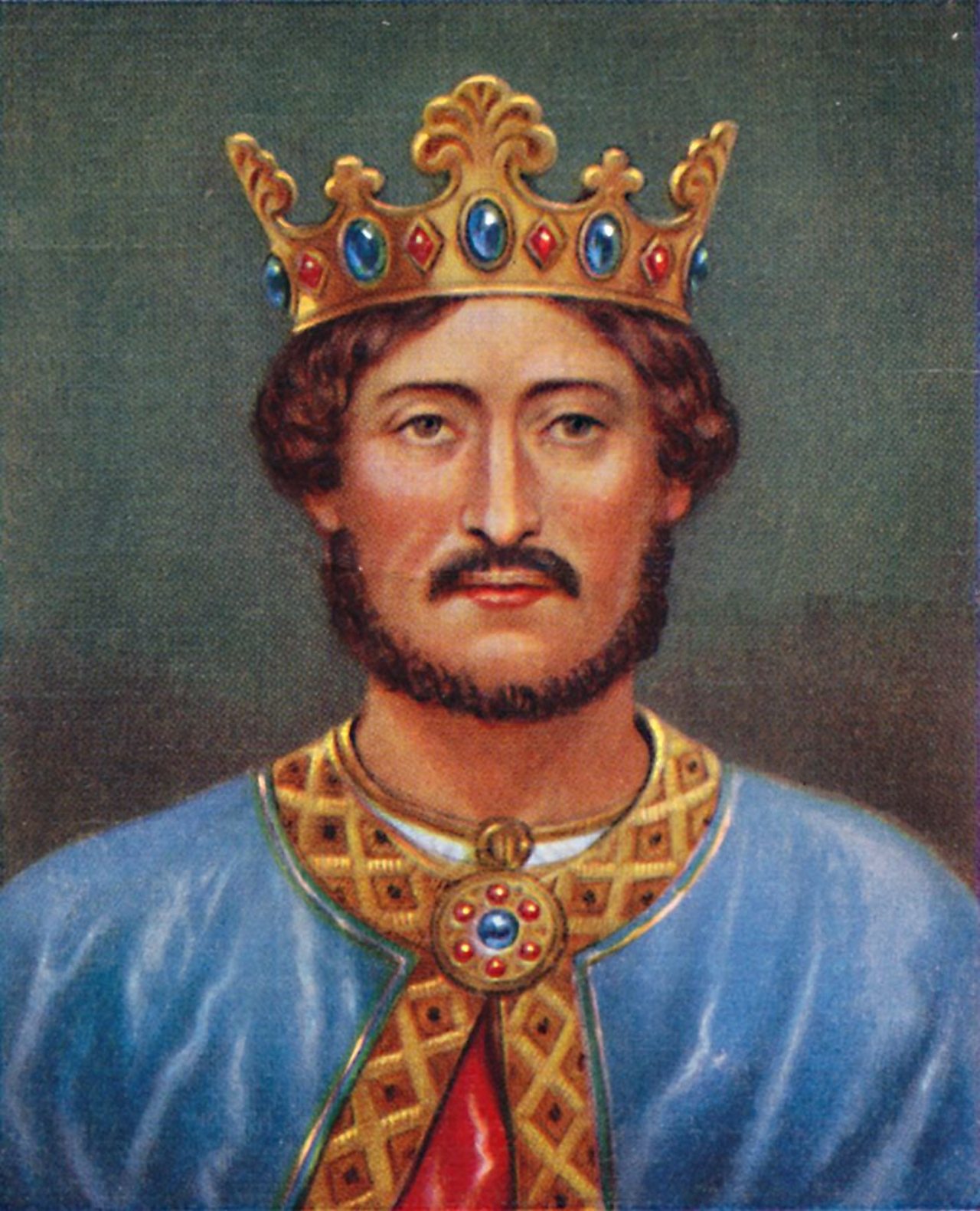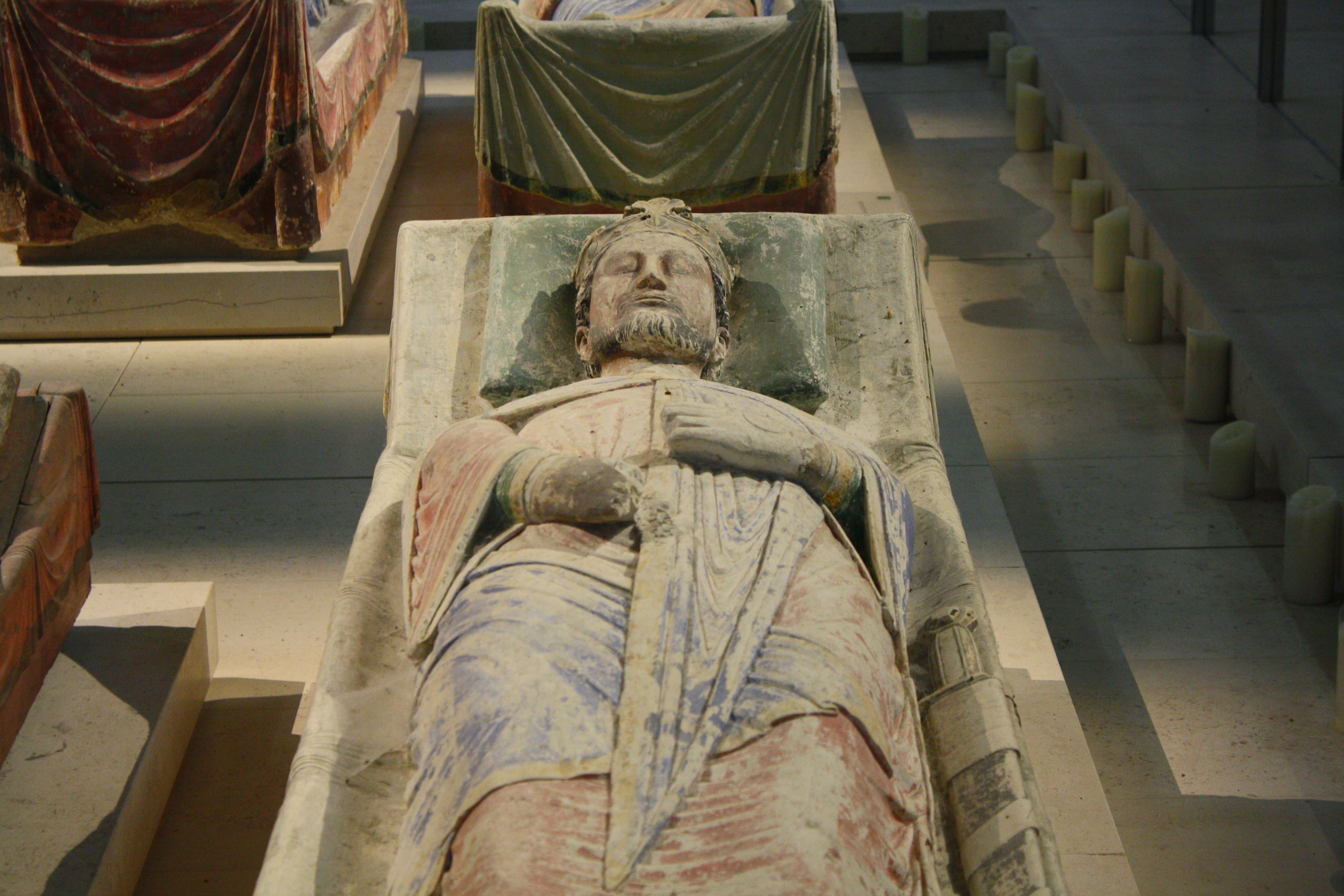Richard: The Lionheart Of England - A Courageous Leader And A Skilled Warrior
Editor's Notes: "Richard: The Lionheart Of England" have published today date. This article highlights the significance of this topic and its importance in today's world.
Our team has conducted thorough research and analysis to compile this comprehensive guide on Richard: The Lionheart Of England. This guide aims to provide valuable insights and assist readers in making informed decisions.
Key Differences or Key Takeaways:
Main Article Topics:
FAQ
Frequently asked questions and detailed answers regarding the life and legacy of Richard: The Lionheart Of England, one of the most renowned monarchs of the Middle Ages.

Five things you didn’t know about St George - BBC Bitesize - Source www.bbc.com
Question 1: Was Richard actually a "Lionheart?"
Richard I's moniker, "The Lionheart," emerged not from a literal lion-like prowess, but rather from his reputation as a courageous and formidable military leader. Chronicles of his bravery and tenacity in battle, particularly during the Third Crusade, cemented this enduring epithet.
Question 2: How significant was Richard's impact on the Third Crusade?
Richard I played a pivotal role in the Third Crusade, earning acclaim for his military prowess. While he failed to retake Jerusalem, his victories at the Siege of Acre and the Battle of Arsuf significantly weakened Saladin's forces and secured important coastal cities for the Crusaders.
Question 3: What were Richard's most notable accomplishments as a ruler?
Besides his military feats, Richard I implemented significant administrative reforms in England. He established the "assizes," standardizing legal procedures and improving justice, and reformed the royal treasury, increasing its efficiency and accountability.
Question 4: How did Richard's reign affect the development of English law?
Richard I's legal reforms, known as "assizes," standardized legal processes and made justice more accessible to commoners. These reforms laid the foundation for a more equitable and organized legal system in England.
Question 5: What were the circumstances surrounding Richard's death?
Richard I died on April 6, 1199, from an infection after being struck by an arrow during the Siege of Châlus-Chabrol. His death marked the end of a remarkable reign and plunged England into mourning.
Question 6: What is Richard's enduring legacy?
Richard I, the "Lionheart," left an indelible mark on history. His military prowess and administrative reforms shaped the course of England and the Middle East. His legend as a brave and charismatic king continues to inspire generations.
These FAQs provide a comprehensive overview of Richard I's life, reign, and the enduring impact of his legacy.
To delve deeper into the fascinating world of this medieval monarch, explore additional resources and immerse yourself in the annals of history.
Tips
Legendary for his military prowess, Richard I of England, known as Lionheart, provides timeless wisdom for leading in challenging times. His exemplary leadership exemplifies his insightful and strategic mindset. By embracing these principles we can enhance our leadership skills and achieve success in any realm.
Tip 1: Strategic Planning:
Richard's campaigns were meticulously planned. He carefully considered terrain, enemy strengths and weaknesses, and logistical requirements. This thorough planning led to decisive victories, demonstrating the importance of careful preparation and forethought.
Tip 2: Courage in Adversity:
Despite setbacks, Richard never lost his fighting spirit. Facing numerous defeats in the Third Crusade, he rallied his troops with unwavering resolve. His resilience and determination inspired his men and ultimately led to their triumph.
Tip 3: Discipline and Training:
Richard's army was highly disciplined, a result of rigorous training. He believed that well-trained soldiers were more effective in combat. This emphasis on discipline and training remains essential for effective leadership in any context.
Tip 4: Unwavering Loyalty:
Richard built a strong bond with his followers based on trust and loyalty. He supported his men and rewarded them for their contributions. In return, his knights gave him unwavering loyalty, a key factor in his military successes.
Tip 5: Strategic Alliances:
Richard recognized the value of strategic alliances. He formed alliances with King Phillip Augustus of France and other leaders to bolster his military strength. These alliances allowed him to overcome common challenges and achieve his objectives.
Tip 6: Effective Communication:
Richard was known for his clear and concise communication. He effectively conveyed his plans and decisions to his troops, ensuring that they understood their roles and objectives. This clear communication fostered unity and facilitated successful campaigns.
Tip 7: Respect for Adversaries:
Despite his fierce fighting spirit, Richard respected his adversaries and acknowledged their strengths. He recognized that underestimating opponents could lead to costly mistakes. This respect allowed him to adapt his strategies and make informed decisions on the battlefield.
Tip 8: Legacy of Leadership:
Richard's leadership left a lasting legacy. His decision-making, strategic planning, and personal qualities continue to inspire leaders today. By embracing the principles he demonstrated, we can strive to become effective and inspiring leaders in our respective fields of endeavor.
Richard: The Lionheart Of England
Richard I, known as Richard the Lionheart, was a legendary figure in English history. His prowess as a warrior, his participation in the Crusades, and his impact on England's political and cultural landscape make him an enduring subject of fascination and study. Here are six key aspects that delve into the essence of Richard the Lionheart:
- Military Prowess: Renowned for his skill and bravery on the battlefield, Richard was a formidable warrior.
- Crusader King: As a leader of the Third Crusade, Richard played a significant role in the conflict and gained a reputation as a fearless and charismatic commander.
- Political Acumen: Despite his focus on warfare, Richard exhibited political savvy, maintaining alliances and negotiating to further his goals.
- Cultural Patron: Richard was a patron of the arts and literature, encouraging the development of cultural and intellectual pursuits in England.
- Unifier of England: During his reign, Richard worked to strengthen the unity of England and further develop the nation's institutions.
- Enduring Legacy: Richard the Lionheart's legacy continues to inspire and fascinate, with his name synonymous with courage, adventure, and the spirit of chivalry.
Richard's military campaigns and diplomatic efforts had a profound impact on the political landscape of the Middle East and Europe. His reputation as a courageous and skilled leader made him a symbol of strength and determination. In England, his reign saw advancements in law, governance, and culture, shaping the nation's development for centuries to come. Richard the Lionheart remains an iconic figure in English history, embodying the values of chivalry, leadership, and the quest for glory.

Tomb of Richard I of England, Fontevraud Abbey (Illustration) - World - Source www.worldhistory.org
Richard: The Lionheart Of England
The connection between Richard I, known as the Lionheart, and his status as a legendary figure is multifaceted. His prowess as a military leader, particularly during the Third Crusade, cemented his reputation as a valiant warrior. The Lionheart's chivalry and personal charisma further contributed to his fame, inspiring tales of his courage and nobility.

Richard I or Richard the Lionheart, portrait. King of England from - Source www.alamy.com
The Third Crusade, sparked by the capture of Jerusalem by Saladin in 1187, provided a significant stage for Richard's exploits. His victories at the Siege of Acre, the Battle of Arsuf, and the capture of Jaffa showcased his tactical brilliance and unwavering determination. These military triumphs not only strengthened his own kingdom but also bolstered the morale of the Crusader forces.
Beyond his battlefield achievements, Richard also possessed a keen political mind. He negotiated a diplomatic treaty with Saladin, securing the safety of Christian pilgrims to Jerusalem. This act demonstrated his diplomatic skills and tempered his reputation as a ruthless warrior.
Richard's personal qualities further enhanced his legend. His reputation for chivalry and generosity extended beyond his own camp, earning him respect from both allies and adversaries. Stories of his courage, such as his legendary leap into the fray at the Battle of Arsuf, contributed to his mystique.
The enduring legacy of Richard the Lionheart lies in his embodiment of both the ideals and realities of medieval warfare. His military prowess, diplomatic acumen, and personal charisma combined to create a figure that has captured the imagination of generations.
| Attribute | Connection to Legend |
|---|---|
| Military Victories | Established reputation as a valiant warrior |
| Chivalry and Charisma | Inspired admiration and respect |
| Political Skill | Negotiated favorable outcomes, tempered warrior reputation |
| Personal Courage | Legendary feats bolstered his mystique |
Conclusion
Richard the Lionheart's legacy as a legendary figure stems from his exceptional military leadership, diplomatic skills, and personal charisma. His impact extended beyond the battlefields of the Third Crusade, shaping the perception of medieval warfare and the ideals of chivalry.
Richard's ability to balance battlefield prowess with political acumen and personal nobility remains an enduring testament to his multifaceted character. His legend serves as a reminder of the complex and often contradictory nature of medieval figures, who left an indelible mark on history through their actions and charisma.